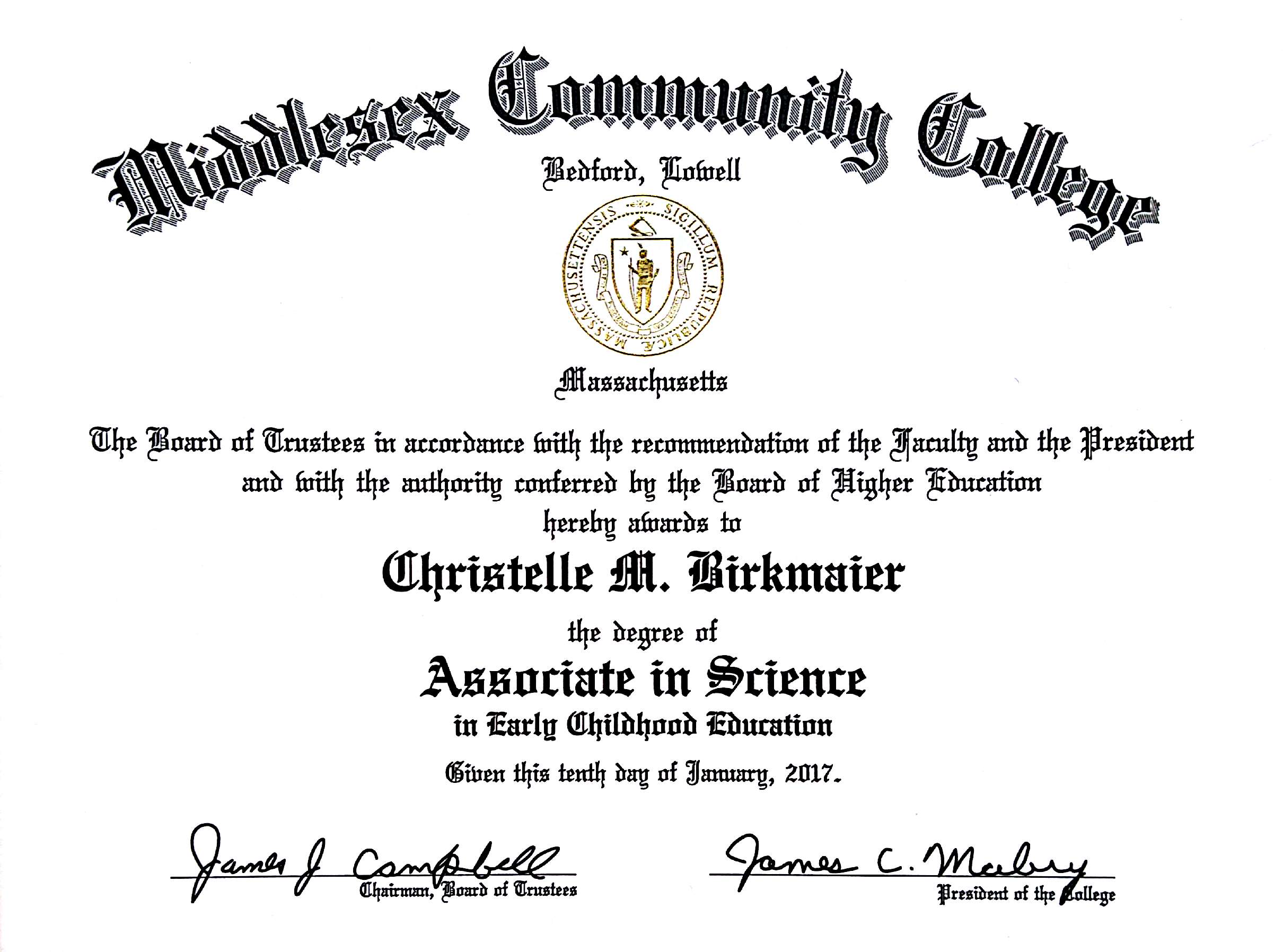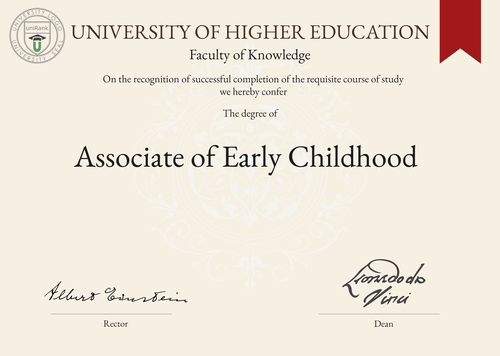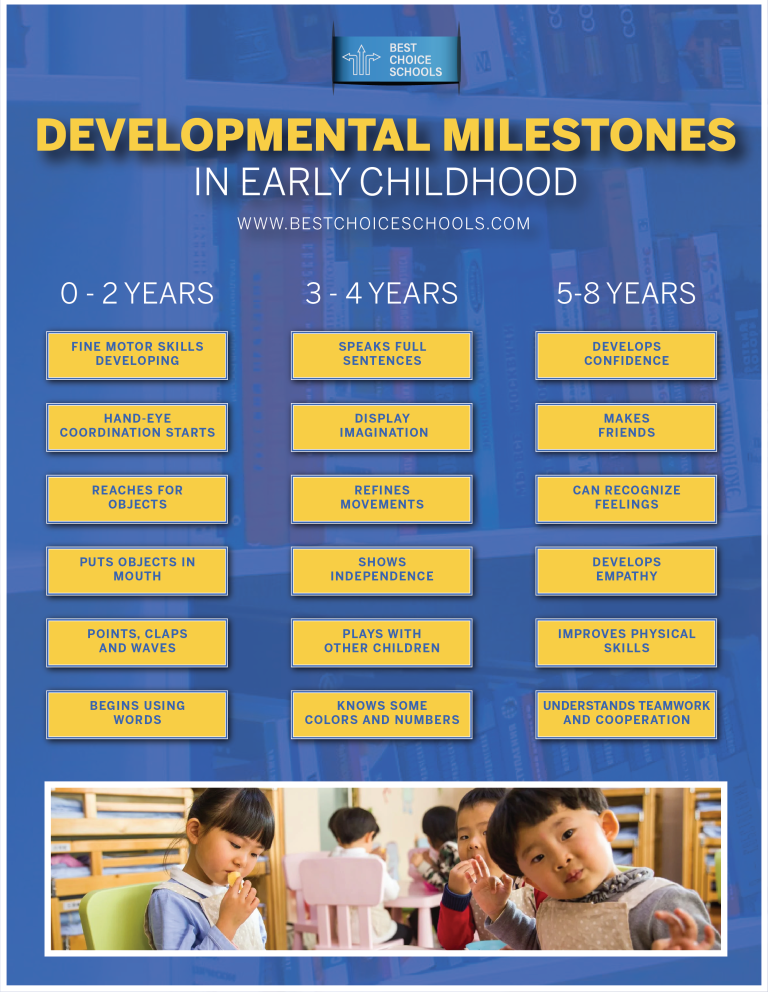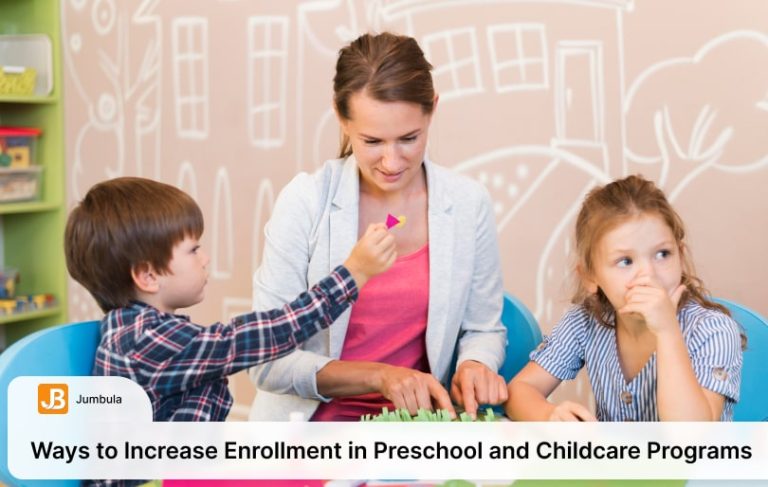Unlocking the Benefits of an Associate Degree in Early Childhood Education

An Associate Degree in Early Childhood Education is a two-year undergraduate program that focuses on preparing students for careers in childcare and education. It provides a foundational understanding of child development, curriculum planning, and teaching strategies for young children.
Early Childhood Education is a vital field that shapes the learning and development of young children. An Associate Degree in this field equips individuals with the knowledge and skills needed to work in various educational settings, including preschools, daycare centers, and elementary schools.
This degree program covers essential topics such as child psychology, early literacy, and classroom management. Graduates can pursue roles as preschool teachers, childcare workers, or teacher assistants. With a growing demand for qualified early childhood educators, obtaining an Associate Degree in Early Childhood Education can lead to rewarding career opportunities in the field of childcare and education.
Understanding An Associate Degree
An Associate Degree in Early Childhood Education is a valuable qualification for individuals aspiring to work in the field of childcare and education. Understanding what an associate degree entails is crucial for those considering pursuing this educational path. This article aims to provide a comprehensive overview of the definition, scope, requirements, and duration of an associate degree in early childhood education.
Definition And Scope
An associate degree in early childhood education is a two-year undergraduate program that provides students with foundational knowledge and practical skills necessary for a career in childcare and education. This degree equips individuals with the essential tools to work with young children, promoting their development and learning in various educational settings such as preschools, daycare centers, and early childhood programs.
Requirements And Duration
The requirements for pursuing an associate degree in early childhood education typically include a high school diploma or equivalent. The duration of the program is usually two years, consisting of a structured curriculum that covers child development, early childhood education principles, and practical teaching experiences.

Credit: www.4icu.org
Benefits Of Pursuing An Associate Degree
When considering a career in early childhood education, pursuing an Associate Degree can offer a range of benefits. From enhanced career opportunities to professional development, obtaining an Associate Degree in Early Childhood Education can provide a solid foundation for a successful career in this field.
Career Opportunities
An Associate Degree in Early Childhood Education opens the doors to various career opportunities in the field. Graduates can pursue roles such as preschool teacher, childcare worker, or early childhood educator. This degree equips individuals with the necessary knowledge and skills to work effectively with young children, making them highly sought after in the job market.
Higher Earning Potential
With an Associate Degree in Early Childhood Education, individuals may benefit from higher earning potential compared to those without a formal education in the field. Employers often value the specialized training and expertise that comes with this degree, leading to competitive salaries and opportunities for advancement.
Professional Development
Obtaining an Associate Degree in Early Childhood Education allows individuals to engage in continuous professional development. This includes staying updated on the latest teaching methodologies, child development theories, and best practices in early childhood education. By pursuing this degree, individuals demonstrate their commitment to ongoing learning and improvement in their profession.
Challenges And Considerations
Embarking on a journey to pursue an Associate Degree in Early Childhood Education can bring a plethora of rewards, but it’s important to acknowledge and prepare for the potential challenges and considerations that come with this educational endeavor. Here are some key aspects to ponder:
Financial Investment
When considering an Associate Degree in Early Childhood Education, it’s crucial to evaluate the financial investment required. This includes tuition fees, textbooks, and other educational resources. Additionally, prospective students should factor in potential costs associated with practical experiences such as field placements or internships.
Time Commitment
One must also contemplate the time commitment involved in pursuing this degree. Balancing coursework, practical experiences, and personal responsibilities can be demanding. It’s essential to create a well-structured schedule to ensure efficient time management and successful completion of the program.
Work-life Balance
Maintaining a healthy work-life balance while pursuing an Associate Degree in Early Childhood Education can be challenging. Students may need to juggle their studies with work or family commitments. It’s important to prioritize self-care and seek support from family, friends, or educational institutions to manage stress and maintain a balanced lifestyle.
Practical Applications
Practical applications of an Associate Degree in Early Childhood Education encompass hands-on experience and real-world skills that prepare students for a fulfilling career in the field. Through a combination of theoretical knowledge and practical training, students gain the necessary expertise to effectively engage with young children and create a positive learning environment.
Hands-on Experience
Hands-on experience is a cornerstone of an Associate Degree in Early Childhood Education. Students engage in practical activities such as creating lesson plans, organizing educational activities, and observing and interacting with children in real-world settings. This hands-on approach allows students to apply theoretical concepts in a practical setting, fostering a deeper understanding of childhood development and effective teaching methods.
Real-world Skills
The program equips students with real-world skills essential for success in early childhood education. From effective communication and classroom management to understanding diverse learning needs and behavior guidance techniques, students develop a comprehensive skill set that directly translates to their future roles as educators. Through practicums and internships, students have the opportunity to refine these skills in authentic classroom settings, preparing them for the demands of the profession.
Success Stories
Discover how individuals have excelled after obtaining an Associate Degree in Early Childhood Education.
Alumni Achievements
Witness the remarkable accomplishments of graduates who pursued an Associate Degree in Early Childhood Education.
- Established successful childcare centers.
- Received prestigious awards in the field of early childhood education.
- Published influential research in renowned journals.
Impact On Communities
Observe the positive influence that individuals with an Associate Degree in Early Childhood Education have on their communities.
- Enhanced quality of early childhood education programs.
- Improved the overall well-being of children in the community.
- Increased awareness about the importance of early childhood development.

Credit: www.liberty.edu
Navigating The Job Market
When it comes to pursuing an Associate Degree in Early Childhood Education, one of the most important considerations is navigating the job market. Understanding the job search strategies and employment trends can help you prepare for a successful career in this field. Here are some key things to keep in mind:
Job Search Strategies
Getting started on your job search can be overwhelming, but there are several strategies that can help you stand out as a candidate:
- Network: Reach out to professionals in the early childhood education field and attend job fairs or other events to meet potential employers.
- Build a portfolio: Showcase your skills and experience by creating a portfolio of your work, including lesson plans and other relevant materials.
- Get certified: Consider obtaining additional certifications, such as the Child Development Associate (CDA) credential, to demonstrate your expertise.
Employment Trends
Understanding the current employment trends in early childhood education can help you make informed decisions about your career:
| Employment Trend | Explanation |
|---|---|
| Increasing demand | The demand for early childhood educators is expected to grow as more parents seek quality care and education for their children. |
| Higher education requirements | Many states are now requiring early childhood educators to hold a degree or certification in the field. |
| Varied work settings | Early childhood educators can work in a variety of settings, including public and private schools, childcare centers, and Head Start programs. |
By keeping these job search strategies and employment trends in mind, you can position yourself for success in the field of early childhood education.

Credit: www.facebook.com
Frequently Asked Questions
What Does Associate Education Level Mean?
An associate education level refers to a two-year degree typically obtained from a community college or technical school.
Is An Early Childhood Education Degree Worth It?
An early childhood education degree is worth it for aspiring educators to gain essential skills and knowledge.
What Is An Associate Degree Kid Definition?
An associate degree is a two-year undergraduate program offering foundational knowledge in a specific field. It’s a valuable credential for entry-level job positions or further education.
What Is The Abbreviation For Associate’s Degree In Early Childhood Education?
The abbreviation for associate’s degree in early childhood education is A. A. in ECE.
Conclusion
An Associate Degree in Early Childhood Education provides a solid foundation for a rewarding career. By gaining knowledge and practical skills, you can make a positive impact on young children’s lives. Pursuing this degree opens doors to diverse opportunities in the field of education.
Lorem Ipsum is simply dummy text of the printing and typesetting industry. Lorem Ipsum has been the industry’s standard dummy text ever since the 1500s, when an unknown printer took a galley of type and scrambled it to make a type specimen book.






